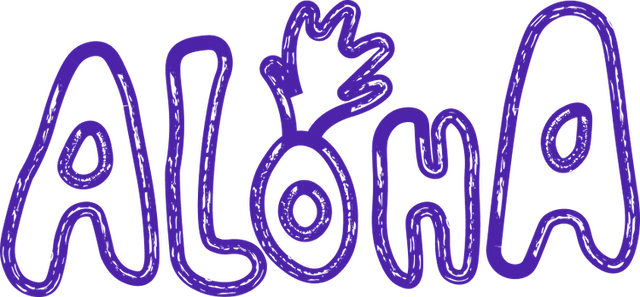
what is security assertion markup language saml
Security Assertion Markup Language (SAML)
SAML operates on the principle of trust between the IdP and SP. When a user attempts to access a service or application, the SP sends a request to the IdP to authenticate the user. The IdP then generates a SAML assertion, which is an XML document containing information about the user's identity and attributes. This assertion is digitally signed by the IdP to ensure its integrity and authenticity.
The SAML assertion is then sent back to the SP, which verifies the digital signature and extracts the user's identity and attributes from the assertion. Based on this information, the SP can make access control decisions and grant or deny the user's request. The SAML protocol supports various authentication methods, including username/password, X.509 certificates, and multi-factor authentication, providing flexibility in choosing the appropriate level of security.
One of the key advantages of SAML is its ability to enable federated identity management. This means that a user's identity can be trusted and accepted across multiple organizations or domains, eliminating the need for separate user accounts and passwords. This not only simplifies the user experience but also improves security by reducing the risk of password-related vulnerabilities, such as weak passwords or password reuse.
SAML also supports attribute-based authorization, allowing the IdP to provide additional information about the user's roles, permissions, and other attributes to the SP. This enables fine-grained access control and ensures that users only have access to the resources they are authorized to use.
Furthermore, SAML supports single logout, which allows a user to log out of all associated applications or services with a single action. This enhances security and user convenience by ensuring that the user's session is terminated across all applications, reducing the risk of unauthorized access.
In summary, SAML is a powerful and widely adopted standard for secure authentication and authorization in distributed systems. Its ability to enable federated identity management, support attribute-based authorization, and provide single sign-on capabilities makes it a valuable tool for organizations seeking to enhance security, streamline user access, and simplify the user experience. By leveraging SAML, organizations can establish a trusted framework for secure and seamless communication between different domains or organizations, fostering collaboration and enabling efficient resource sharing. Security Assertion Markup Language (SAML) is an open standard that allows for secure exchange of authentication and authorization data between identity providers and service providers. It enables single sign-on (SSO) functionality, allowing users to access multiple applications using just one set of credentials. SAML uses XML-based messages to securely transmit user authentication and authorization information, providing a standardized way for different systems to communicate securely.
SAML is widely used in enterprise environments to streamline the login process for employees and customers, reducing the need for multiple login credentials and improving overall security. By implementing SAML, organizations can ensure that user identities are verified and access is granted only to authorized individuals. This helps prevent unauthorized access to sensitive information and protects against potential security threats.
Overall, SAML plays a crucial role in enhancing security and efficiency in modern IT environments. By leveraging this standard, organizations can simplify user authentication processes, improve access control, and enhance overall security posture. Implementing SAML can also help organizations comply with regulatory requirements and industry best practices, ensuring that sensitive data is protected and access is granted only to authorized individuals.
Let’s build your next digital product — faster, safer, smarter.
Book a free consultationWork with a team trusted by top-tier companies.








